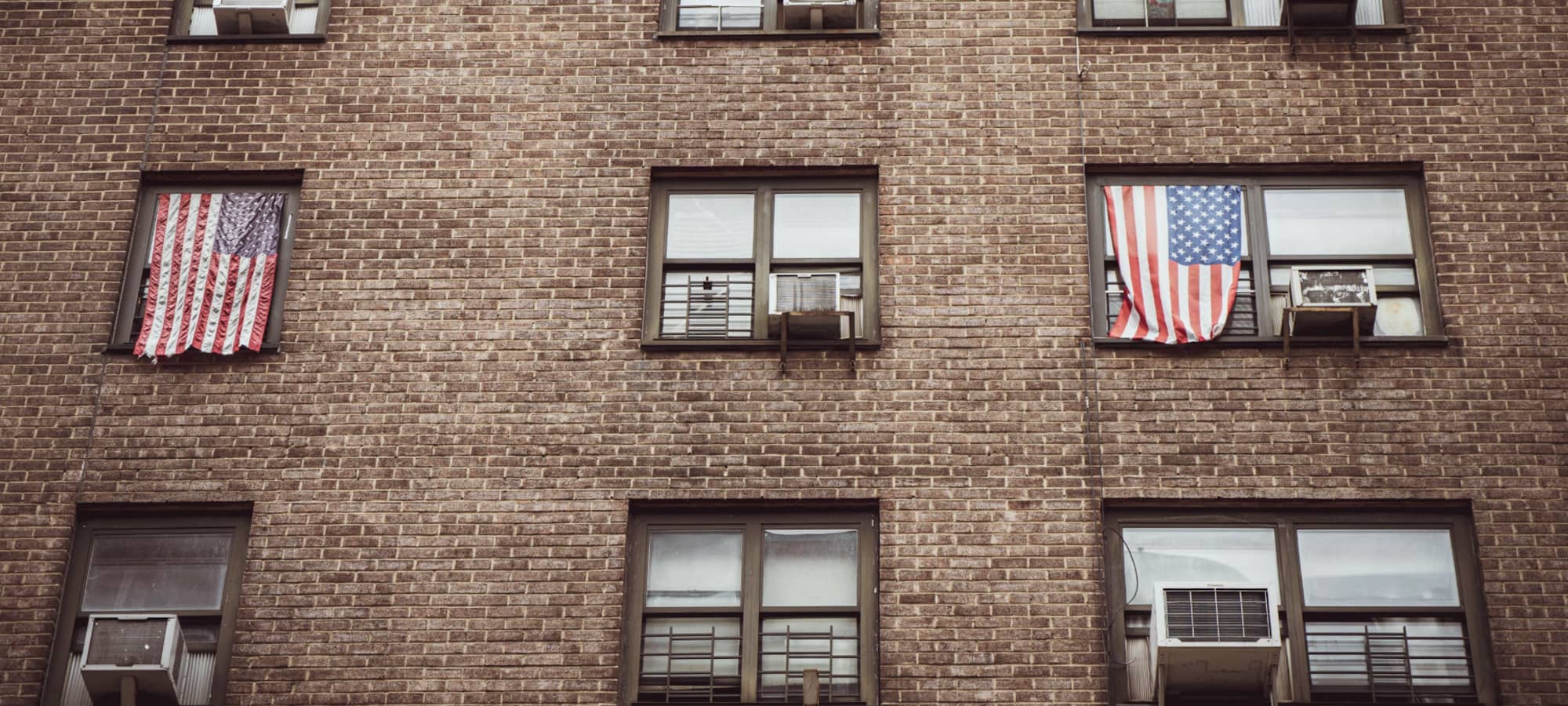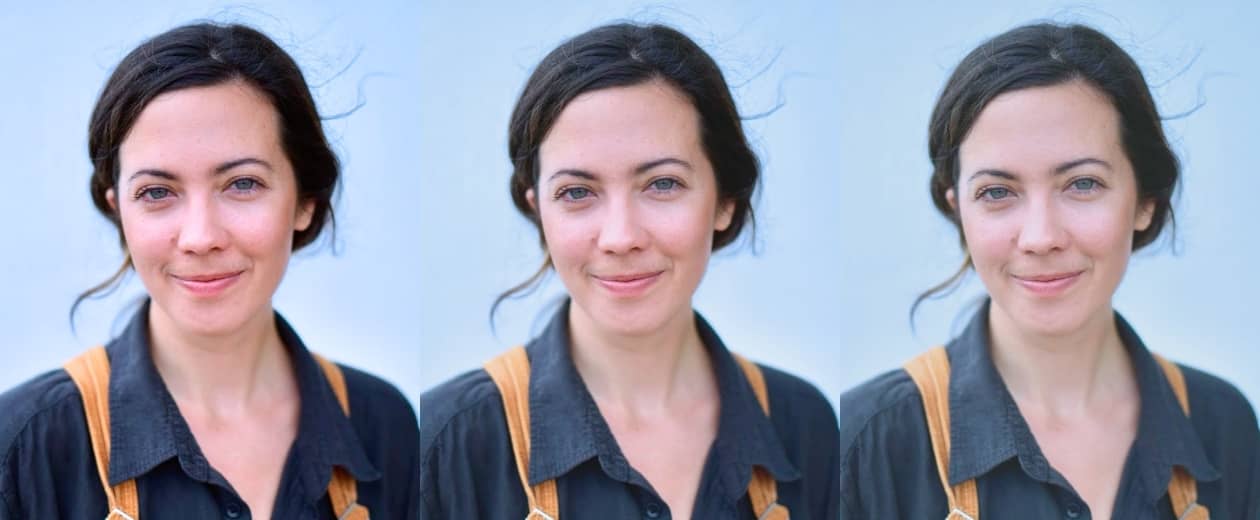My name is Eve Driver. I’m 27 years old and I’ve lived in Massachusetts, Kenya, and New York as a writer and a strategist. I just coauthored a book called What We Can’t Burn, which is about fostering constructive disagreement among allies in the fight to phase out fossil fuels.
- The world’s only public diamond mine is in Arkansas.
At my public elementary school in Massachusetts, every fourth grader was given a state to study. I got Arkansas. Soon I learned my favorite fact: Arkansas has the world’s only public diamond mine. At age ten, this floored me. In my town, it seemed every backyard had already been explored, leaving limited opportunity to find treasure; in Arkansas, however, there were still diamonds out there, loose. I had not yet learned about the brutal precedent of going West to seize natural resources; all I knew was that Arkansas felt full of magic. And for that matter, so did Wisconsin—the land of cheese—which empowered my best friend Katherine to wear a foam cheese hat for the duration of the States Fair, where we had to exhibit what we’d learned. I exhibited the diamond mine I had made out of five picture frames glued together and filled with sand, from which you could harvest rhinestones glued to magnets. That States Fair left me jazzed. Not only was there diamonds and cheese, but the fifty posters around that gymnasium portrayed a vast taxonomy of official state birds, state trees, state flowers, state mammals, state nuts… on and on; Arkansas, for its part, had a state beverage (milk), state grain (rice), state instrument (fiddle), and somehow both a state mineral (quartz) and a state gem (of course, diamond). If I learned something about confederations or democracy that year, I forget it; the political infrastructure of my homeland appeared to be a fluttering tapestry of white-tailed deer and pecans, mockingbirds and apple blossoms and fiddles. I was glad to be a part of it.
- We’re all taught different American histories.
In high school, I learned about America all over again. My teacher, Ms. Katz, terrified me at first; I pored over her long summer reading assignment while on the road to my brother’s baseball tournaments, gradually realizing that for all the baseball I’d watched, I knew nothing about America. That year, I memorized a lot of dates and came to understand what had been at stake in every election. But really I took away two main lessons. The first was what Ms. Katz taught us on the ‘Back Board.’ All year, each time we landed on a moment in the curriculum in which African-Americans were systemically set back, Ms. Katz would walk to the back whiteboard and record it. Slavery, Reconstruction, segregation, exclusion from G.I. Bill home loans, redlining, white flight—layer after layer, all the way up the present: to our school funded by property taxes in a majority-white suburb, funding that allowed us to have a whole extra whiteboard to devote to this exercise. By the end of the year, that Back Board was a scribble of circles and arrows and underlines, and you could never, ever unsee it: the effects of these policies compounding, generation after generation, ripping rugs out from under Black families trying to get on their feet. That was the first lesson. The second was from our final unit. The month of May came around and we took our AP test, but Ms. Katz wasn’t finished; after the test, she took us on a whistle-stop tour of the way many other high schoolers are taught this same history. We learned about the “Lost Cause myth,” and how the Civil War is often taught as a story of states’ freedom being trampled by federal power. All at once, it became clear that not only did few Americans learn what we’d seen unfurl on the Back Board, but they learned a very different story—one which made the MAGA movement feel less surprising. To this day, Ms. Katz’s two lessons have put so much into context: Both the hypocrisy that has always underpinned our country’s rhetoric around freedom, and why the myth persists that those who talk about that hypocrisy are the ones trying to take freedom away. It’s easy to love this country when it’s just a place you’re free to find diamonds. But I think loving America is like loving anyone: it doesn’t mean much until you’ve learned their whole truth.
- Nowhere is the American dream more alive than outside of it.
In college, I relearned America a third time—this time, through the eyes of friends born in other countries. I was lucky enough to go to a school where students came from all over the world. One of my closest friends was Cuban, and she told me about her grandmother, who fell in love with Communism, gave up everything for it, and was heartbroken when all the revolution promised seemed to cleave and expose a core that was rotten. When she came to America, she found this country offered a different, but sturdier promise—farther from her ideals, but more enduring in its delivery. Another close friend, born and raised in rural Kenya, inspired me so much that we co-wrote a book He was a clean energy entrepreneur, and even though he saw America as an obnoxious force in the world, he had always been in awe of our powerful history of innovative problem-solving; he also resented the way some of us with faltering patriotism seemed not to know how good we had it. Gay marriage, free speech, a liberal arts education—somehow, for all the violence we’d carried out under the guise of Leading the Free World there remained a level on which we really were a beacon.
- The rollerblade is an American invention.
This year, I went rollerblading in a park in Brooklyn the afternoon after the most recent presidential election. The warmth and sunshine of the day was a striking contrast to the devastating setback just leveled at the many fights I cared about. But Ms. Katz’ lessons, and much I’d since witnessed firsthand, left me unsurprised at the outcome. It wasn’t going to change my commitment to the movements I was part of. And as I rolled around, watching hundreds of Brooklynites sitting, walking, exercising, dancing, kissing, holding hands, I felt grateful and lucky and free. Some things hadn’t changed: the energy transition would still be hard, and rollerblading would still be legal. I later learned that the Minnesotan brothers who invented the rollerblade came and spoke to my dad’s class in college, and were among the first to inspire him to become an entrepreneur. And even if I resented the ways the notion of American ingenuity had come to be twisted, I felt proud to live in a country where skates can become rollerblades, and cars can become electric.
- Important frontiers remain open.
Rollerblading highs aside, this country often breaks my heart. There are only so many times you can relearn who we are before it sounds familiar; there are not enough Back Boards to hold all the colonization we shouldn’t have bankrolled, the CO2 we shouldn’t have spewed, the billionaires we shouldn’t have tax-cut. Feeling stuck, I asked my friend for help with a fifth thing to say. But instead of a lesson, he came up with an anagram: You can rearrange the letters of the “United States of America” to make the anagram “A More Sanctified Statue.” I thought it was interesting. It made me think about the movement to replace racist statues with ones we can celebrate. It made me think of the fight to stay truer to our Statue of Liberty, and the words: “give me your tired, your poor, your huddled masses yearning to breathe free.” But more than anything, it surprised me that when I googled this anagram, no results came up. Could it really be possible that no one had thought of it before? That after hundreds of years, there was still room for reinvention—room to rearrange the state birds and state nuts and dark lore and bright legends that comprise this strange confederation, into something we are more inclined to worship? New statues, new diamonds, new sacredness. The great American tradition of starting over again, thinking that this time will be different, and every now and then, being right.

